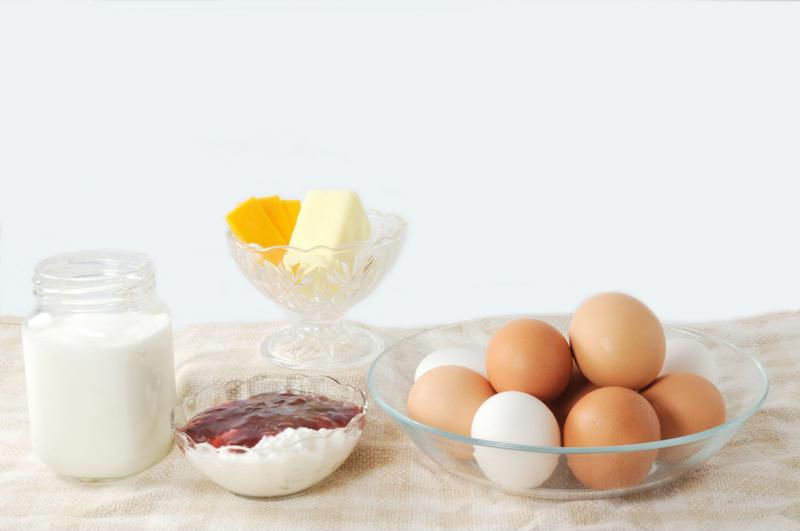Got milk?
Canada does, and it doesn’t want other countries’ dairy exports harming domestic farmers’ business. This has turned the final steps of Trans Pacific Partnership (TPP) negotiations into a stumble.
For some time, negotiators working on the deal had been waiting for the United States’ Congress to pass Trade Promotion Authority (TPA), which would help speed up the approval process in the U.S. With fast track authority, as it is called, finally in effect in the U.S., discussions have hit this latest obstacle, protections for Canadian dairy farmers. The Wall Street Journal explained these measures, which are similar to protections other countries have in place, and are politically popular domestically due to the assistance they offer small farmers.
 Canadian protections for small dairy farmers have proven to be a sticking point in TPP negotiations.
Canadian protections for small dairy farmers have proven to be a sticking point in TPP negotiations.Canada reluctant to lift dairy supply-management system
The measures, referred to as Canada’s supply-management system, set dairy prices based on the average cost of production, which is handled through a regulated quote system. Competition, meanwhile, is hindered through tariffs. Prime Minister Stephen Harper is in the midst of an election cycle, and losing support in provinces that benefit from the high prices that the supply-management system guarantees.
Several of the countries involved in TPP discussions have robust dairy exports, including New Zealand. These nations’ imports could depress dairy prices in Canada if their products were allowed to enter the country more freely through a lifting of the supply-management system. This, many in Canada fear, would harm small dairy farmers who depend on the price management measures to ensure consistent profits.
“U.S., New Zealand imports could depress dairy prices in Canada.”
With the 12-nation agreement currently hinging on Canada’s approach to dairy imports, U.S. officials are publicly pushing their neighbors to the north to lift the supply-management protections.
“The Canadians need to step it up and get serious about agriculture and dairy,” Rep. Paul Ryan asserted, according to the news source.
The Republican leads the House committee that oversees trade, and his state produces three times more cheese than all of Canada, a possible incentive to get into the market through a finalized TPP deal. On the U.S. side, some see the battle restrictions on dairy products as an extension of unresolved sticking points in the North American Free Trade Agreement and another, earlier free trade deal with Canada. Hopes are that the talks will be concluded as soon as this month, but with the dairy obstacle, the discussions could be delayed further. This is unfortunate for U.S. agriculture, a sector of the country’s economy set to milk the most from the Pacific trade deal.
U.S. set to move forward without Canada if dairy agreement isn’t reached
Reports have surfaced detailing directives to U.S. negotiators to complete the talks without Canada, should it refuse to lift restrictions on dairy imports. Reuters reported that several senators who met with U.S. Trade Representative Michael Froman asked him to push discussions forward if Canada doesn’t put forth an offer on agriculture. Froman prefers to continue with Canada, but is prepared to move on with the other nations involved in the pact if restrictions on dairy, as well as poultry and other agriculture products, aren’t lifted.
Max Moncaster, a spokesman for Canadian Trade Minister Ed Fast, told the news source that the country is set to move forward with TPP discussions that would create new opportunities for many, but added that he will also work to protect the interests of the nation he represents.
“[Ottawa will] continue to promote and defend Canadian trade interests across all sectors of our economy, including supply management,” Moncaster told Reuters.